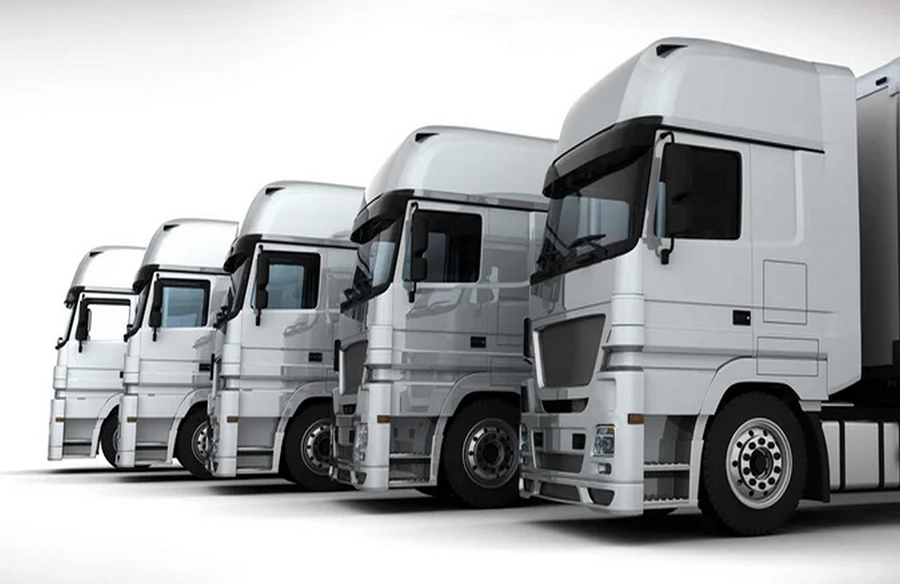Logistics is a pivotal industry both locally and internationally, facilitating the movement of goods essential for daily life. If you’re considering entering this dynamic sector, here’s what you need to know to set up and sustain a successful transport and logistics company.
Understanding the Opportunity
The transport and logistics industry presents significant opportunities for aspiring entrepreneurs. However, establishing and maintaining a thriving trucking company requires meticulous planning and execution, especially given the sector’s competitive nature and relatively low entry barriers.
Why Choose Transport and Logistics?
Beyond the industry’s accessibility, starting a transport and logistics company offers several advantages:
- Low Initial Capital: Unlike many other ventures, starting a logistics business often requires minimal initial capital. However, thorough preparation is crucial for long-term sustainability.
- Market Demand: The constant need for transportation services ensures a steady demand for logistics companies. By securing contracts and customers early, you can establish a solid foundation for your business.
Key Considerations Before Launch
Before delving into the logistics business, it’s essential to address critical questions and aspects:
- Financial Planning
- Source of Capital: Determine how you’ll finance your venture, whether through bank loans, investors, or personal funds.
- Operating Expenses: Account for various costs, including licensing, tolls, maintenance, fuel, and personnel salaries. Budgeting for marketing is also essential to promote your services effectively.
- Fleet Selection
- Choosing the Right Vehicles: Select vehicles tailored to your business needs, considering factors such as cargo volume, terrain, and operational efficiency. Opt for models that optimize performance while aligning with your budget.
- Financing Options
- Exploring Financing Solutions: Investigate financing options like financial leases, rental agreements, or installment sales. Ensure your chosen method aligns with your budget and long-term financial goals.
- Training and Compliance
- Professional Development: Prioritize training for yourself and your staff, ensuring compliance with industry regulations and safety standards. Seek accredited training programs to equip your team with essential skills and certifications.
- Recruitment Strategies
- Hiring Qualified Drivers: Recruit experienced and licensed drivers capable of handling various vehicles and navigating diverse road conditions. Prioritize candidates with strong communication and problem-solving skills.
- Customer Acquisition
- Building a Clientele: Establish a strong customer base by offering reliable and efficient services. Leverage digital platforms and networking opportunities to promote your business and attract potential clients.
- Reputation Management
- Prioritizing Reliability: Maintain a reputation for reliability and professionalism from the outset. Consistently delivering exceptional service fosters customer loyalty and enhances your company’s standing in the industry.
Embracing Technology and Innovation
Incorporating technology into your logistics operations can streamline processes and enhance customer experience:
- Online Platforms: Invest in digital platforms for booking, tracking, and communicating with clients, ensuring transparency and convenience.
- SMS Notifications: Implement SMS notification systems to keep clients informed about delivery status and any potential delays, enhancing trust and satisfaction.
Conclusion
Launching and managing a transport and logistics company requires careful planning, strategic decision-making, and a commitment to excellence. By addressing key considerations and leveraging technological advancements, you can establish a resilient and competitive business in this thriving industry.
